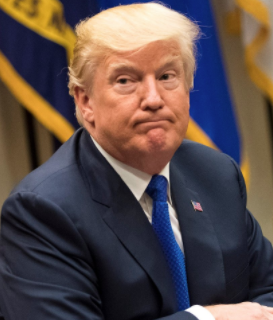US embassy closes indefinitely as government shuts down in home country

The United States Embassy in Abuja and its consulate in Lagos have shut down indefinitely.
The US Embassy in Nigeria reportedly said in a Facebook post that the development was caused by the government shutdown in the US.

According to the statement, “Due to the current US government shutdown, the American centres located in the embassy, Abuja and Consulate-General, Lagos are unfortunately closed. They will re-open once the US government shutdown is resolved. Sorry for any inconvenience to our valued patrons.”
This implies that persons who have applied for tourist, study, business visas, immigrant visas or any other travel document will have to cancel their plans.
The embassy charges N57, 600 in visa fees which is non-refundable. However, it was not clear whether any concessions would be made to applicants since the development was no fault of theirs.
The US executive arm of government led by President Donald Trump and the legislative arm have been at loggerheads for nearly two months over Trump’s attempt to build a wall along the Mexican border.
Building a wall was one of Trump’s major campaign promises as part of efforts to curb illegal migration and crime, boasting that the Mexican government would pay for the wall.
However, with the refusal of the Mexican government to fund the wall, the President approached the US legislature, asking the bi-cameral institution to provide $5bn which would be used in funding the wall, a proposal which was turned down by the Democrat members in Congress
On December 11, Trump held a televised meeting with Speaker-designee, Nancy Pelosi, and Senate Minority Leader, Chuck Schumer, in which he asked them to support $5bn in funding for the border wall.
The Democrat leaders in Congress refused and Trump said, “I am proud to shut down the government for border security … I will be the one to shut the government down. I’m not going to blame you for it … I will take the mantle. I will be the one to shut it down.”
The shutdown officially began on December 22, 2018 and is expected to last for a few weeks.








